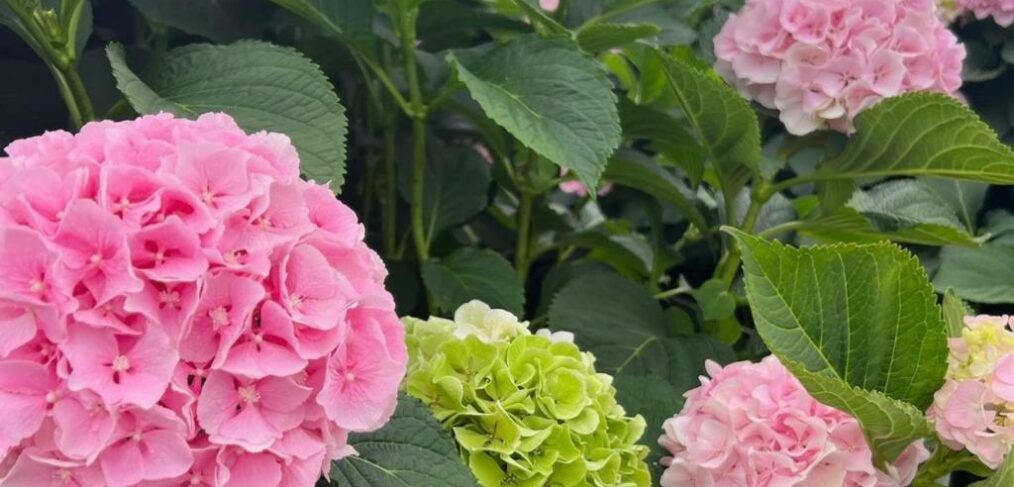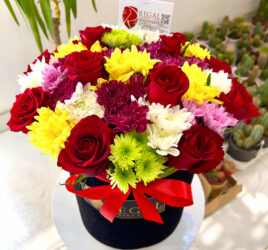
HISTORY OF FRESH FLOWERS IN NIGERIA
The use of fresh flowers in Nigeria has a long and varied history that spans cultural, social, and economic dimensions.
While it’s challenging to provide a comprehensive history, here are some key points and developments in the history of fresh flowers in Nigeria:
1. Traditional Uses:
– Fresh flowers have been used in various Nigerian cultures for centuries. They have been employed in traditional ceremonies, festivals, and rituals, often as symbols of beauty, fertility, or spirituality.
– Some ethnic groups, such as the Yoruba, Igbo, and Hausa, have specific traditions and customs related to the use of flowers in weddings, funerals, and other important events.
2. Colonial Influence:
– During the colonial period, British and European settlers introduced European-style flower gardens in Nigeria. These gardens featured a variety of ornamental plants, including roses, lilies, and other exotic flowers.
– The introduction of these flowers had a significant impact on the aesthetic landscape in urban areas, as they added color and beauty to gardens and parks.
3. Flower Farming:
– Commercial flower farming in Nigeria began to develop in the mid-20th century, primarily in response to the growing demand for flowers for weddings, funerals, and other social events.
– Nigerian entrepreneurs and businesses started cultivating flowers, both for local consumption and export, which contributed to the growth of the floriculture industry.
4. Urbanization and Flower Markets:
– With the rapid urbanization of Nigerian cities, there has been a growing demand for fresh flowers as decoration for events and as gifts.
– Flower markets, such as the popular Flower Market in Lagos, have emerged as vibrant hubs where fresh flowers are bought and sold.
5. Export Opportunities:
– Nigeria’s flower industry has expanded its reach beyond domestic markets, with some flower growers and exporters targeting international markets.
– Exports of fresh flowers, particularly roses and chrysanthemums, have provided economic opportunities for Nigerian flower farmers and exporters.
6. Modern Floral Arrangements:
– In recent years, the art of floral arrangement and design has gained popularity in Nigeria. Florists and designers create intricate and creative flower arrangements for various occasions.
– Floral design has become an important aspect of event planning, interior decoration, and even corporate branding.
7. Challenges:
– The floriculture industry in Nigeria faces challenges such as inadequate infrastructure, inconsistent power supply, and access to quality seeds and technology.
– Competition from imported flowers and the high cost of flower production have also posed challenges to local flower farmers.
In summary, the history of fresh flowers in Nigeria encompasses traditional uses, colonial influence, commercial cultivation, urbanization, and modern floristry.
While challenges exist, the demand for fresh flowers continues to grow, making the floriculture industry an important part of Nigeria’s cultural and economic landscape.



